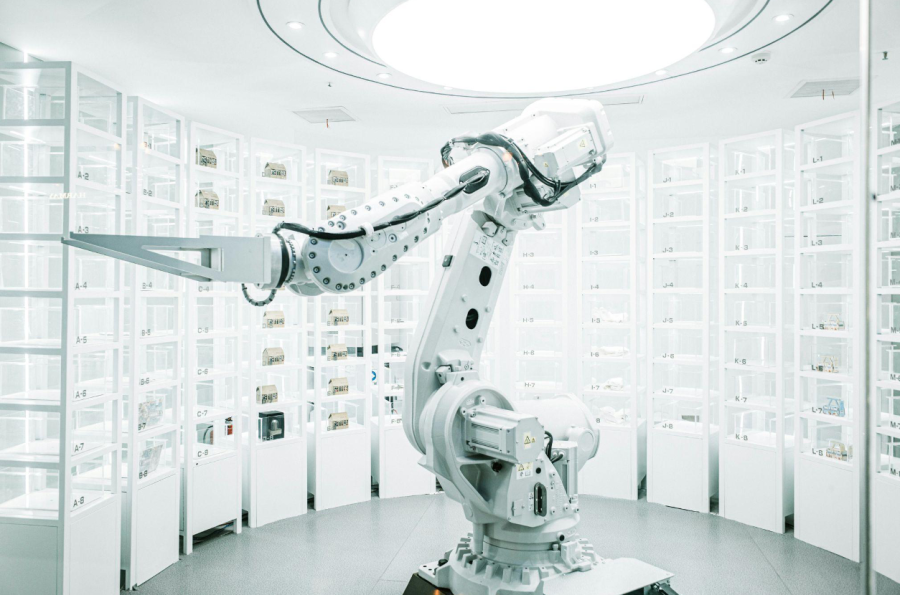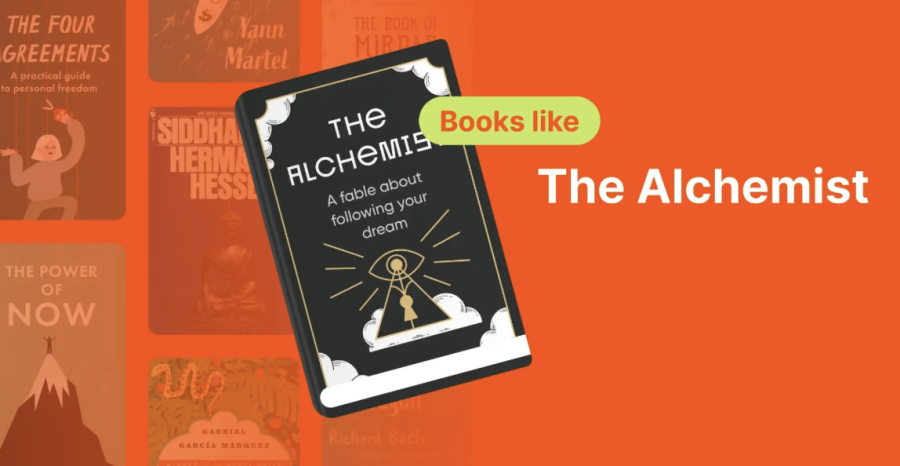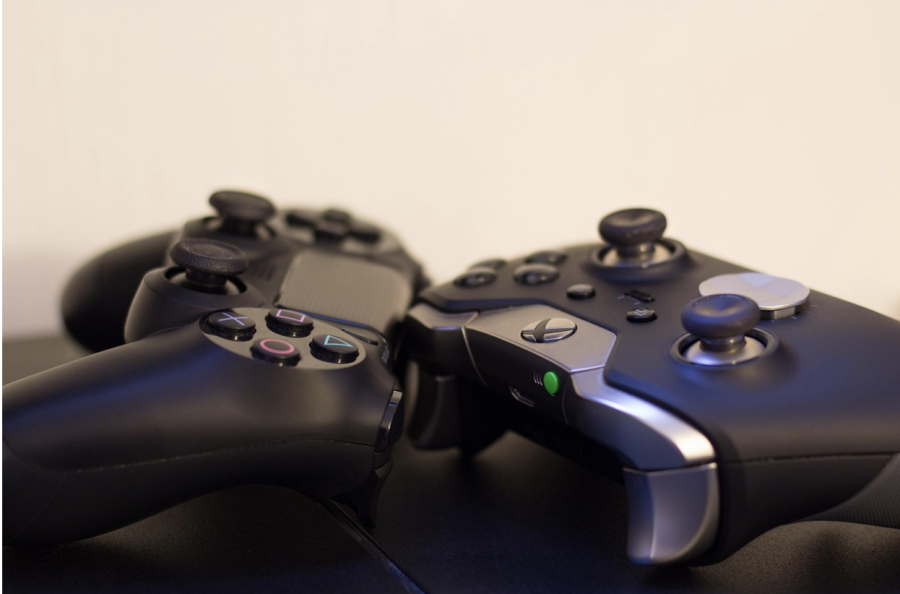Big data and artificial intelligence have long been pillars of scientific progress. Although both terms are fairly new, and our capabilities as a species to wield either have only emerged recently, the impact AI and big data have had on everything from science to marketing to gaming has been profound and difficult to deny.
For example, a game such as 101 roulette by Playtech is developed based on consumer feedback, but this feedback would take forever to be sifted through on a per-case basis, and rather – developers use AI and big data to spot trends and home in on those, so that they build more resilient products that are generally better accepted by the public.
The same applies to big science. Big data and AI can have a tremendous and profound impact on how we achieve things as a species. Essentially, there are several ways in which these two tools can prove immensely powerful and help us flesh out our future for the better. They come down to:
● Running powerful simulations
● Testing different variables
● Discovering things beyond human recognition
All of these points are valid as to how AI and big data have helped influence scientific research and advancement. Much of history is rife with examples of how scientists got lucky because they tested for years to arrive at a conclusion. Big data and AI can facilitate this process and compress hundreds, if not thousands, of years of trying different things into mere hours. The implications are huge.
1. A Door into the Future
Thanks to the “brute force” that AI and big data can combine – despite their huge energy consumption demand – we can look at myriad things that were previously impossible. For example, we can test formulas or devise specific experiments that can be quickly put into a simulation thanks to these technological contraptions.
As Roulette77 says, simulations are the stepping stone of any meaningful progress, and this is why the website runs roulette simulators of its own. Well, the same applies to science – you need to simulate events to get results, and AI and big data make this process excessively simple.
AI models are known to run powerful simulations based on big data, and they can not only take the existing data but actively learn from it and then extrapolate, arriving at conclusions that their human overlords did not or could not possibly conceive.
In other words, the use of AI and big data in science is not only important – it’s crucial, and it’s our ability as a species to transcend the limitations of our own computation abilities and bestow unlimited potential to a computer that can run through trillions of possibilities and elicit those results that fit certain parameters we are after.
Not only is AI and big data quite important to scientific research and discovery, but you also see, it’s quite simply the pillar on which all further technological leaps will be based.
2. Saving Lives
The immediate implications of AI will be hard to gauge – in the workforce, AI is feared as a deeply capable disruptor who will end up upsetting the world order, leaving people to fend for themselves the best they can. Yet, AI is also a promise to – save lives. AI advancements will arrive at certain solutions that were previously thought impossible. Let’s take a look.
Bespoke medicine | AI will be able to calculate your chemical balance and concoct bespoke medicine that you can probably get from a dispenser that will brew the pills or syrups for you on demand |
Curing incurable diseases | Diseases that are presently thought incurable will be tackled by AI’s neigh-unlimited ability to calculate possibilities |
Self-driving cars and zero accidents | AI will empower a fleet of self-driving vehicles that will make it possible to avoid deaths due to traffic accidents |
3. Making Space-Faring a Possibility
Not least, as a species, we are caught in some of the most exciting times of our written history – we are at the cusp of achieving space travel in some limited and perhaps laughable way, but a space-faring species nevertheless, we are.
You can almost compare the first attempts to send humans back to the Moon and venture as far as Mars with those undertaken by the passengers of the Mayflower, who set out to reach North America in 1620.
Well, as you have guessed, AI and big data are fully capable of working on those issues as well. Now, just to be clear, all our space-faring capabilities to date are the result of smart people who have pooled millions of hours of work to arrive at our ability to send bodies beyond Earth’s atmosphere.
The huge leaps in AI and big data will give a tremendous boost to our capabilities to actually pull ahead in the space race, too.









